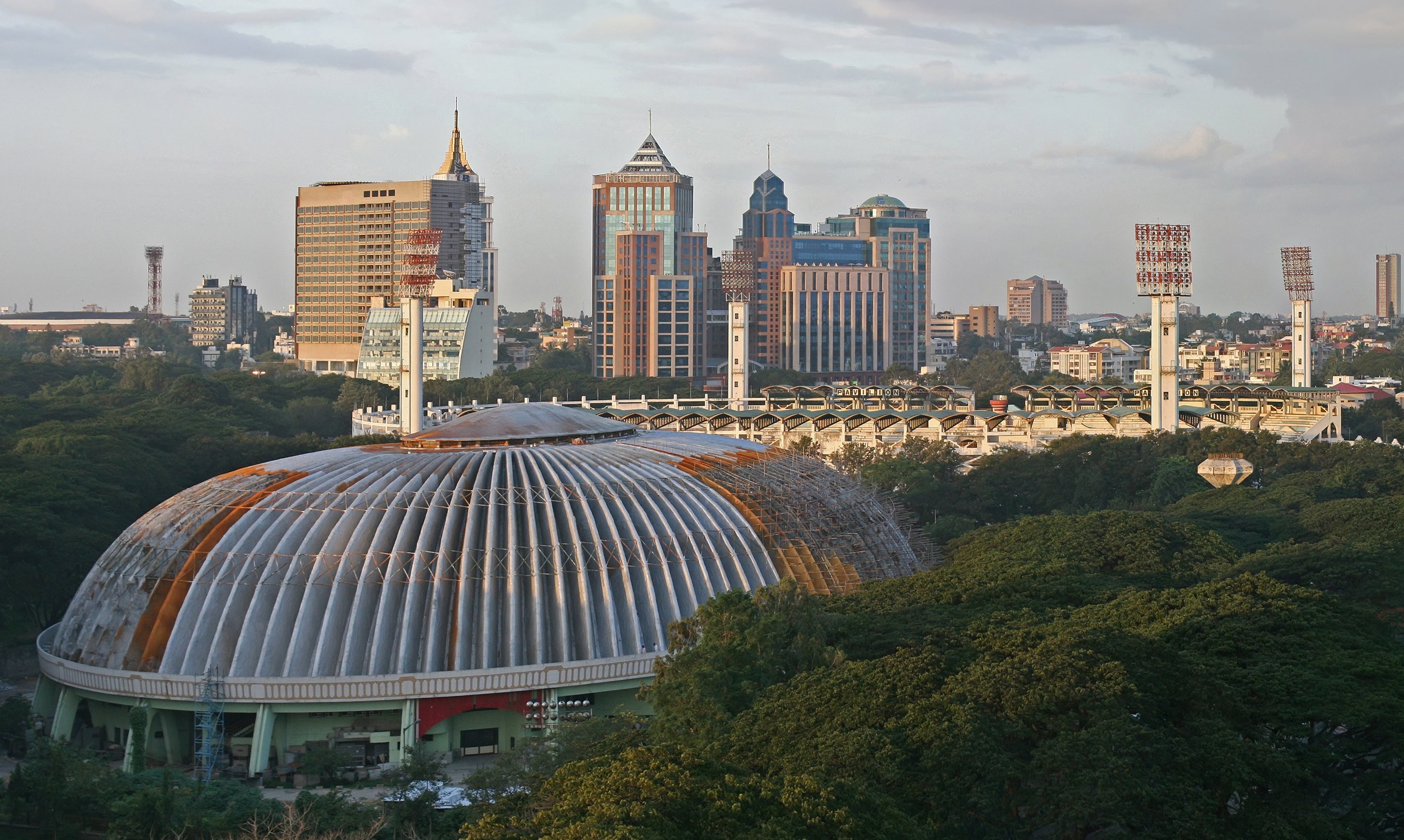
Bangalore rental yields defy national trend
Track2Realty investigates what makes Bangalore rental yields highest in the…

Track2Realty investigates what makes Bangalore rental yields highest in the…

To improve ‘ease of doing business’ in urban areas, the…

Call it contrasting match of the two extreme ends or just the confusing mate living together, but affordable luxury has gained ground in Indian realty, finds Track2Realty.

JLL has announced the completion of their mandate for sale of the 156 keys Ganesh Meridian Hotel at Ahmedabad.

Several amendments to the Real Estate (Regulation and Development) Bill, 2015, suggested by the select committee of Rajya Sabha, have now been accepted by the Union Cabinet. This is a major step towards introducing the amended bill in the Rajya Sabha. The bill will bring in much-needed transparency and accountability in the real estate sector.

“How long can a sector survive which is borrowing at 48 per cent from private lenders to serve the interest of previous debt raised at much lower rate,” asks a banker. His concern is not without valid reasons. Developers experimented with all funding options but still many of them are now being forced to seek other sources of funding which not only comes at a significantly higher cost but also where the source of fund is unregulated.

JLL India has collaborated with Manpower Group and EMPI Business School to introduce Certificate Programs in Facilities Management. This initiative is aimed at meeting the need for a formal academic approach to empowering aspirant candidates for a career in Facilities Management (FM), which is one of the fastest-growing real estate services verticals in India today.

As the Modi Government completes its first year in office, there is no dearth of bouquets and brickbats for the NaMo regime in the media. On analysing the Modi government’s electoral assurances, the actions taken so far and the respective timelines being followed to achieve these, I would say that it is reasonably on track with fulfilling its short-term, medium-term and long-term promises.

The concerns about soaring rentals and unaffordable housing in Mumbai notwithstanding, the surprising fact is that residential property prices across Mumbai city and its suburbs increased only by 7% in 2014, and by a negligible 0.3% in 2013.

Following a particularly strong fourth quarter of 2014, the first quarter of 2015 reported comparatively slow activity on the office market front across leading cities. This apparent demand drop was largely because most corporate space occupiers were still strategizing their real estate plans for the year during the period, with fewer transaction decisions being implemented in the first quarter.
